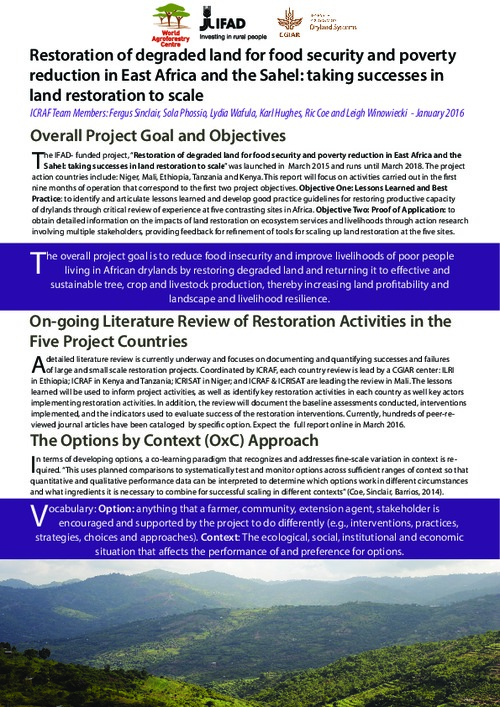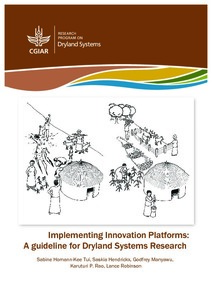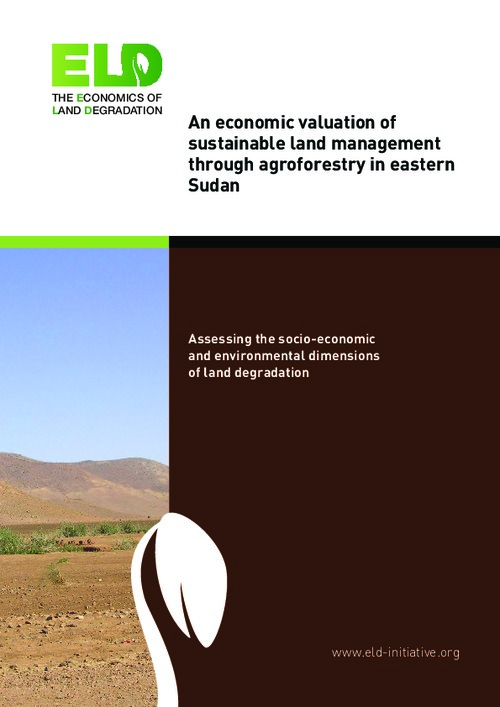Location
The International Center for Agricultural Research in the Dry Areas (ICARDA) was established in 1977. It is one of 15 such centers supported by the CGIAR. ICARDA’s founding mandate to promote agricultural development in the dry areas of developing countries remains highly relevant today.
ICARDA works with a tight focus on the problem-solving needs of resource-poor farmers, achieving this through the in-field delivery of its research outputs. Although global food production has increased by 20 per cent in the past decade, food insecurity and poverty remain widespread, while the natural resource base continues to decline.
International research centers such as ICARDA, which have helped drive previous improvements, continue to deliver new technologies to support sustainable growth in agriculture, and crucially, to work with a wide range of partners to accelerate the dissemination of these technologies.
ICARDA’s biggest strength is its staff – 600 highly skilled men and women from 32 countries. Our research and training activities cover crop improvement, water and land management, integrated crop-livestock-rangeland management, and climate change adaptation.
Other interventions include:
- Water harvesting - supplemental irrigation and water-saving irrigation techniques
- Conservation agriculture methods to reduce production costs and improve sustainability
- Diversification of production systems to high-value crops – horticulture, herbal and medicinal plants
- Integrated crop/rangeland/livestock production systems including non-traditional sources of livestock feed
- Empowerment of rural women – support and training for value-added products.
The ICARDA genebank holds over 135,000 accessions from over 110 countries: traditional varieties, improved germplasm, and a unique set of wild crop relatives. These include wheat, barley, oats and other cereals; food legumes such as faba bean, chickpea, lentil and field pea; forage crops, rangeland plants, and wild relatives of each of these species.
ICARDA’s research portfolio is part of a long-term strategic plan covering 2007 to 2016, focused on improving productivity, incomes and livelihoods among resource-poor households.
The strategy combines continuity with change – addressing current problems while expanding the focus to emerging challenges such as climate change and desertification.
We work closely with national agricultural research systems and government ministries. Over the years the Center has built a network of strong partnerships with national, regional and international institutions, universities, non-governmental organizations and ministries in the developing world and in industrialized countries with advanced research institutes.
THE ‘DRY AREAS’
Research and training activities cover the non-tropical dry areas globally, using West Asia, North Africa, Central Asia and the Caucasus as research platforms to develop, test, and scale-out new innovations and policy options.
Dry areas cover 41 per cent of the world’s land area and are home to one-third of the global population. About 16 per cent of this population lives in chronic poverty, particularly in marginal rainfed areas. The dry areas are challenged by rapid population growth, frequent droughts, high climatic variability, land degradation and desertification, and widespread poverty. The complex of relationships between these challenges has created a "Poverty Trap."
Members:
Resources
Displaying 226 - 230 of 431Restoration of degraded land for food security and poverty reduction in East Africa and the Sahel: taking successes in land restoration to scale
The present document is a brief technical report highlighting activities relating to the options by context approach. The IFAD- funded project, “Restoration of degraded land for food security and poverty reduction in East Africa and the
Sahel: taking successes in land restoration to scale” was launched in March 2015 and runs until March 2018. The project
action countries include: Niger, Mali, Ethiopia, Tanzania and Kenya. This report will focus on activities carried out in the first
An overview of hybrid water supply systems in the context of urban water management: Challenges and opportunities
This paper presents a critical review of the physical impacts of decentralized water supply systems on existing centralized water infrastructures. This paper highlights the combination of centralized and decentralized systems, which is referred to as hybrid water supply systems. The system is hypothesized to generate more sustainable and resilient urban water systems. The basic concept is to use decentralized water supply options such as rainwater tanks, storm water harvesting and localized wastewater treatment and reuse in combination with centralized systems.
Implementing innovation platforms: A guideline for Dryland Systems research
Participatory definition of trait preference and pastorals’ indigenous knowledge on goat breeding strategy around Aysaita district, Ethiopia
An economic valuation of sustainable land management through agroforestry in eastern Sudan_Assessing the socio-economic and environmental dimensions of land degradation
Gedaref State was previously known as the
food basket of Sudan. Over several decades
unsustainable agricultural practices that
combined near-monocropping with low nutrient
replenishment have led to significant degradation
of soils, which are no longer able to sustain farmer
livelihoods. This study found that adopting
an integrated sustainable land use and forest
restoration scenario could reverse the current
land degradation trend. The integration of Acacia
senegal with sorghum, Sudan’s primary staple







